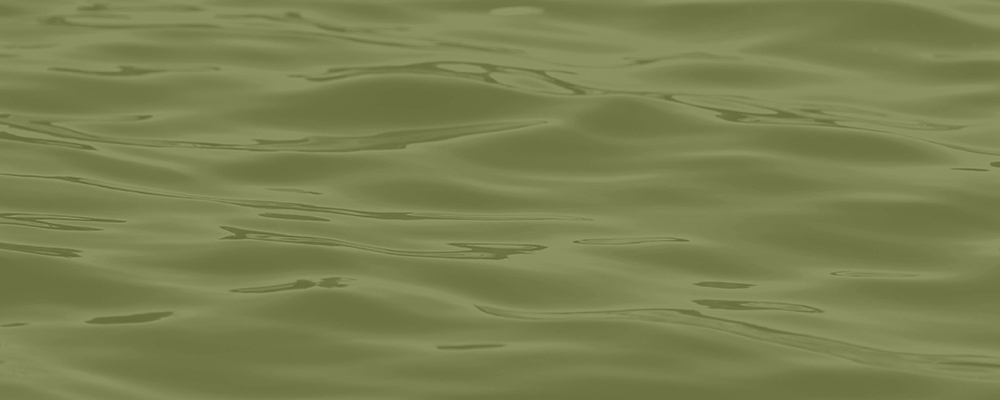Is there a specific code or regulation to follow for cottagers who use lake water as their drinking water?—(Stewart) Wayne Key, Esson Lake, Ont.
We assume you’re asking because you’re wondering whether you must treat the water before drinking it. Don’t worry: the Water Police aren’t going to bust down your door if you fill your glass directly from the lake.
For an individual using lake water as their drinking water source, there’s no legal requirement to do anything, says Jeff Zimmer, the laboratory manager for the Saskatchewan Research Council’s Environmental Analytical Laboratories in Saskatoon. “Regulations for treatment kick in once the water becomes part of a distribution system and it’s meant for public consumption.”
Cottage Q&A: Has the well flooded?
But Health Canada doesn’t want you to drink untreated lake water. (Neither do we. Neither does your gut.) For surface water such as lakes, the government recommends filtration and disinfection “whenever possible.” If that’s not possible, at the barest of bare minimums, you’d want to boil the water—a rolling boil—for at least one minute. No matter how clear the water looks or how delicious it tastes, “remember that fish, crustaceans, and aquatic animals pee and poop in the water,” says Sheldon Crawford, a board of director member with the Canadian Water Quality Association. “And yes, we humans do too, when swimming.” (Gross truth.)
But never mind the fact that boiling takes time and energy, it won’t remove contaminants such as metals. It could also backfire: if you’re boiling your water, you could reduce its volume, says Crawford. “You’re actually making that contaminant more concentrated.”
Cottage Q&A: Pressure-treated docks and lake water
So, our Unofficial Code of Cottage Drinking Water? For the love of all that is holy, get your water tested. Contact your local public health unit; the folks there can advise you on where or how to do this. Once you know the test results, “the best way to treat the water depends on the situation,” says Zimmer. “Consult with a water-treatment company.”
This article was originally published in the Sept/Oct 2023 issue of Cottage Life magazine.

Need more news?
Find your cottage state of mind all year round with our weekly newsletter, Dockside
Sign up hereRelated Story Cottage Q&A: What’s causing our smelly septic?
Related Story Cottage Q&A: Preventing mould growth over winter
Related Story Cottage Q&A: Why does mild winter weather cause cloudy skies?